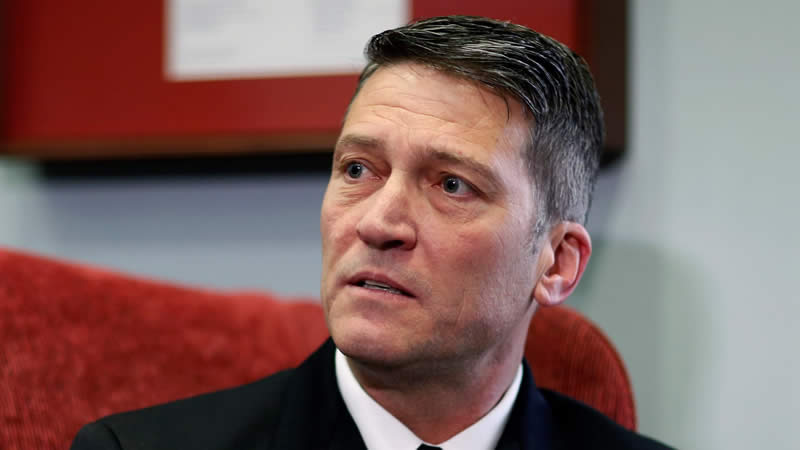In a dramatic twist of events on Wednesday, Donald Trump’s campaign found itself on the defensive after a group of Republican lawmakers accused Minnesota Governor Tim Walz of stolen valor, only to face similar accusations from within their own ranks. What started as an attempt to discredit a political opponent quickly unraveled, exposing flaws within the campaign’s own claims and sparking controversy among veterans.
The uproar began when Trump’s campaign circulated a letter purportedly signed by dozens of Republicans who identified themselves as military retirees. The letter, intended to challenge Walz’s military service record, was swiftly debunked by the progressive advocacy group Vote Vets. Upon reviewing the service records of those who signed the letter, Vote Vets found significant discrepancies, forcing the Trump campaign into damage control mode.
“We deleted the first letter we posted to correct a copy edit mistake made by a staffer,” the Trump campaign wrote on Truth Social, attempting to downplay the incident. “This was corrected within hours, unlike Tim Walz, who still hasn’t corrected the record and admitted that he lied about his military service for decades to advance his political career.”
While the campaign attributed the erroneous letter to a single mistake, a closer examination revealed that multiple changes were made in the revised version. The second letter notably omitted 40 “retired” designations, and each signatory’s service rank was removed. These changes followed Vote Vets’ determination that 28 of the signatories had not met the 20-year service requirement necessary to claim the retired status, as per the Department of Defense guidelines.
The fallout didn’t end there. The group called out several Republican lawmakers, including Rep. Ronny Jackson (R-TX) and Rep. Troy Nehls (R-TX), for their own questionable military claims. Jackson, who was identified in the initial letter as a Rear Admiral, had actually been demoted to Captain upon retirement. Nehls, meanwhile, faced scrutiny for wearing a Combat Infantryman’s Badge that he had received in error. “To see you signing a letter to ANYONE about stolen valor is the height of hypocrisy,” Vote Vets wrote in a direct message to Nehls, highlighting the irony of the situation.
The controversy stems from longstanding conservative criticism of Walz, who retired from the National Guard after 24 years of service. Central to their critique is a comment Walz made regarding gun control and his reference to himself as a retired command sergeant major. However, several veterans and stolen valor experts have dismissed the accusations, noting that while Walz held the rank briefly, he was reverted to master sergeant before his retirement due to incomplete coursework.
Doug Sterner, a military historian instrumental in drafting the Stolen Valor Act, offered a measured perspective on the matter. Comparing the situation to a fisherman’s tale, he said, “Maybe it lost a pound between the time he caught it and when he got to the weigh station.” In a political climate where every detail is scrutinized, this episode serves as a reminder that accusations can backfire, leaving those who throw stones in a precarious position themselves.

